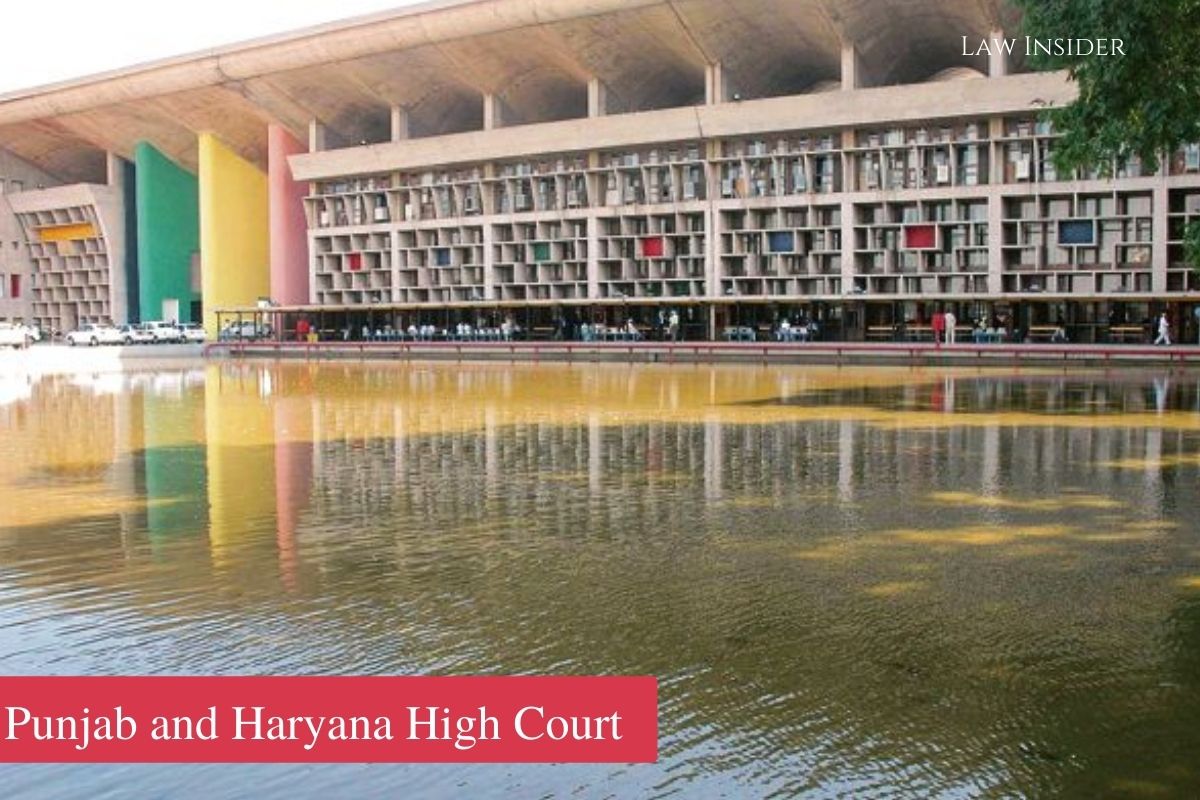LI Network
Published on: November 01, 2023 at 18:03 IST
The Punjab and Haryana High Court has determined that the Supreme Court’s ruling in the M3M case regarding the provision of written grounds of arrest to individuals accused under the Prevention of Money Laundering Act (PMLA) will have retrospective implications.
The Enforcement Directorate (ED) had contended that the Supreme Court’s ruling would only apply to future arrests, as the term “henceforth” was used when making the supply of written grounds of arrest obligatory in PMLA cases. However, this argument was rejected by the bench of Justice Arun Palli and Justice Vikram Aggarwal.
The Supreme Court, in a landmark order issued on October 3, granted bail to the directors of the real estate group M3M, Basant and Pankaj Bansal.
In this ruling, the Supreme Court emphasized the importance of informing the arrested person of the grounds of arrest as mandated by Section 19(1) of the Prevention of Money Laundering Act, stating that a copy of these written grounds must be provided to the arrested person as a matter of course and without exception.
The Central government had previously informed the Delhi High Court that it intended to file a review petition against the Supreme Court’s ruling, particularly in the context of ongoing cases. Solicitor General Tushar Mehta argued before the Delhi High Court that the M3M judgment would not affect arrests that had already taken place.
The issue of whether the Supreme Court’s ruling would have retroactive application arose during the Punjab and Haryana High Court’s consideration of a petition filed by another M3M Director, Roop Bansal, who had been arrested by the ED on June 8.
After reviewing the Supreme Court’s decisions on PMLA and arrests under Section 19 of the Act, the bench headed by Justice Palli examined whether there had been sufficient compliance with the law. The Court noted that the manner in which the grounds of arrest were conveyed in the case of Pankaj Bansal was identical to that of the present petitioner.
The grounds had been verbally communicated, not provided in writing, leading the Court to conclude that there was insufficient compliance with the provisions of Section 19 of PMLA and Article 22 of the Constitution of India, following the Supreme Court’s precedent in the M3M case.
The bench dismissed the argument that the supply of grounds of arrest in writing would only be required “henceforth,” pointing out that the Supreme Court had declared the arrests of Pankaj Bansal and Basant Bansal illegal. This, the Court stated, indicated that the Supreme Court’s intention was not limited to prospective application.
Citing the Assistant Commissioner, Income Tax, Rajkot versus Saurashtra Kutch Stock Exchange Limited case, the Court highlighted that a judicial decision is retroactive. Therefore, the Court concluded that the mandate to provide written grounds of arrest to the accused would not operate solely prospectively.
The Court found Roop Bansal’s case to be similar to Pankaj Bansal’s and ruled that his arrest was also illegal and could not be sustained. Consequently, the High Court ordered the release of the petitioner.
This ruling by the Punjab and Haryana High Court clarifies that the Supreme Court’s decision regarding the provision of written grounds of arrest under the PMLA applies retroactively, potentially impacting a range of cases involving arrests under this Act.

